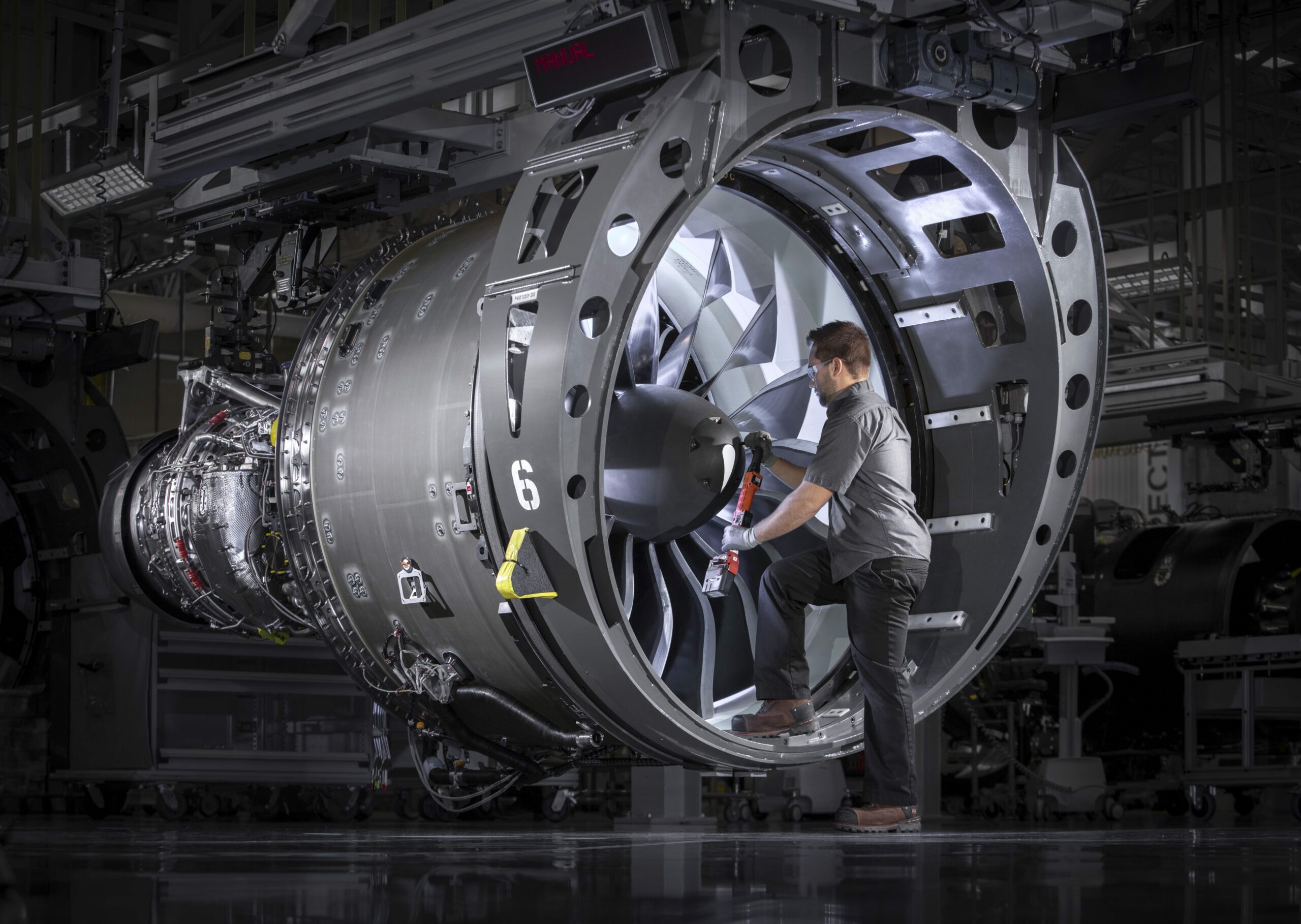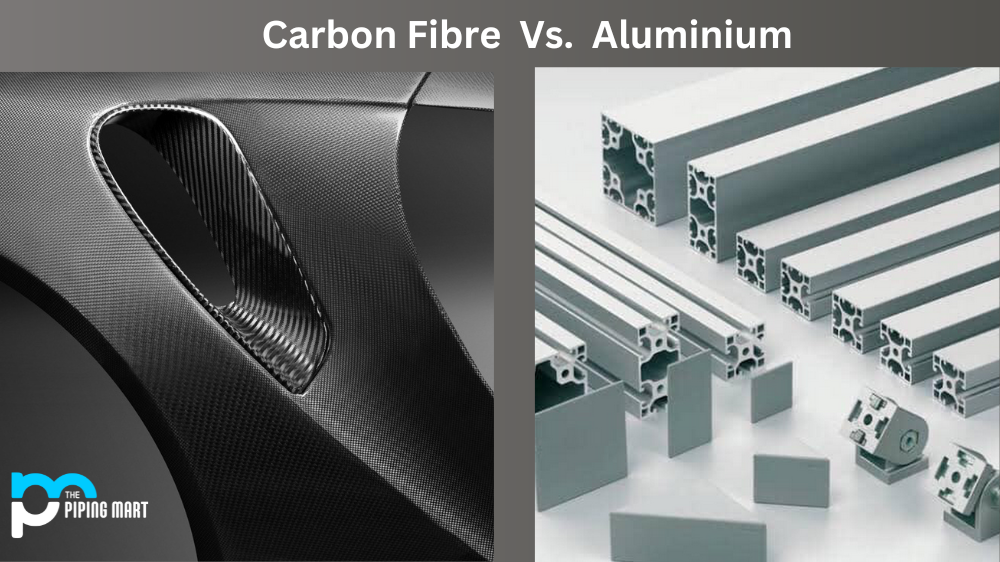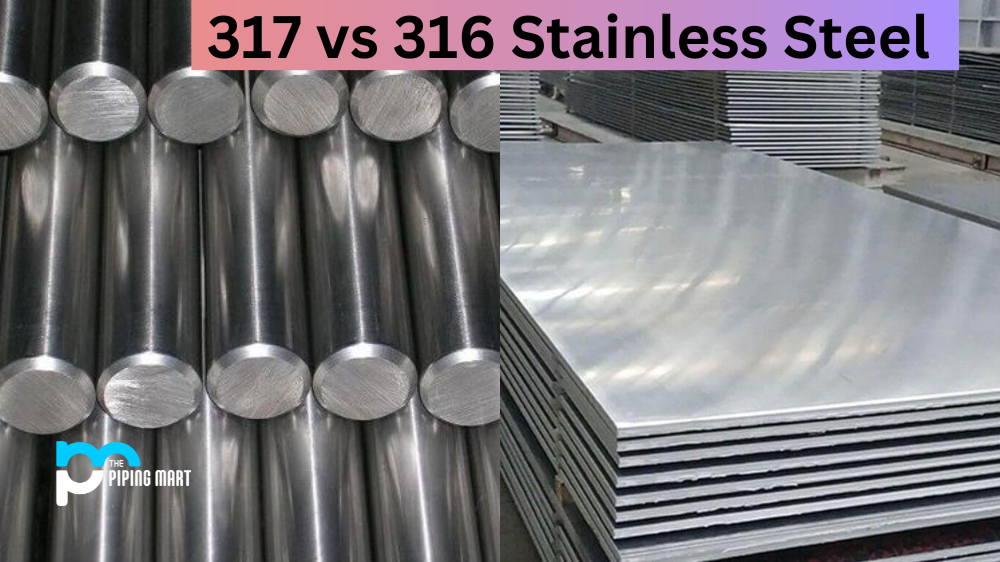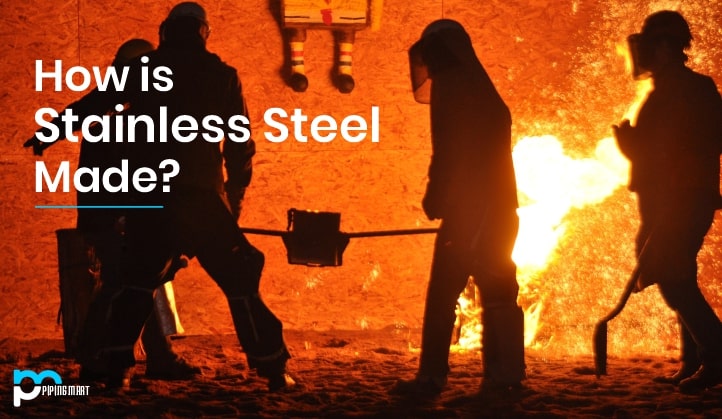Titanium has been a game-changer in the aerospace industry, allowing aircraft manufacturers to create lighter and stronger components that can withstand greater amounts of stress. This article will explore some of the innovative titanium applications currently being used in the aviation industry and how they are pushing the boundaries of what is possible.
Features
Lightweight Strength:
One of the major benefits of titanium is its incredible strength-to-weight ratio, meaning it is both lightweight and incredibly strong. This makes it perfect for use in aircraft construction, as it allows for lighter structures that can still stand up to the rigors of flight. In addition, titanium is much more resistant to corrosion than other metals, making it an ideal material for parts exposed to harsh environments such as those found at high altitudes.
Heat Resistance:
Titanium also has excellent heat resistance properties, which makes it well-suited for engine components and other parts exposed to high temperatures during operation. For example, many modern jet engines feature titanium fan blades that allow them to operate at higher speeds and higher temperatures without suffering from excessive wear or damage over time. This will enable them to be more efficient while still providing enough power to propel larger aircraft.
Durability:
Titanium is known for its incredible durability, with parts made from this metal able to withstand extreme pressure and temperature fluctuations without suffering any damage or wear over time. This makes it ideal for components that need to be replaced less often due to their superior durability compared to other metals or materials. With fewer necessary part replacements throughout the lifetime of an aircraft, operators can save considerable money on maintenance costs while ensuring their aircraft remains safe and reliable during operation.
Uses
- Titanium is a strong, lightweight metal that is used in a variety of applications.
- The aerospace industry is one of the largest users of titanium, as it is used in aircraft construction and engines.
- Titanium is also used in the automotive industry, as it is used in the production of cars and trucks.
- Titanium is also used in the medical industry, as it is used in implants and prosthetics.
- Titanium is also used in the jewelry industry, as it is used to create beautiful and unique pieces.
Conclusion:
Titanium has revolutionized aviation by allowing manufacturers to build lighter yet stronger components that can withstand greater amounts of stress and heat exposure than ever before. Using advanced technologies such as 3D printing and laser cutting, engineers can now create complex shapes out of titanium with less cost and effort than traditional manufacturing processes require. This has opened up new possibilities for aircraft design while also making flight safer and more reliable than ever before. As technology advances, we can expect even more innovative applications of titanium in aviation over the coming years!

Abhishek is a seasoned blogger and industry expert, sharing his insights and knowledge on various topics. With his research, Abhishek offers valuable insights and tips for professionals and enthusiasts. Follow him for expert advice on the latest trends and developments in the metal industry.




